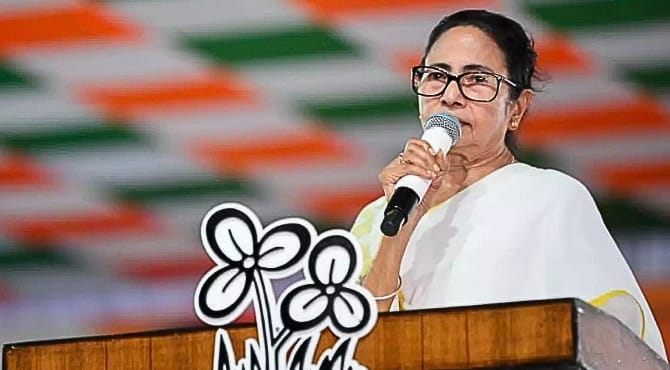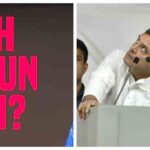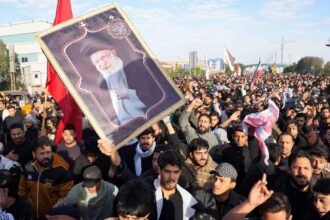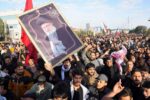The West Bengal electoral rolls’ Special Intensive Revision (SIR) has picked up speed with Booth Level Officers (BLOs) doing door-to-door visits. This action has caused a big political fight led by Chief Minister Mamata Banerjee and the Trinamool Congress (TMC). The government’s work on the ground and the opposition’s public actions have turned a normal revision of rolls into a major test of rules, trust, and authority.
The process started with BLOs visiting homes throughout the state. They handed out over 1.8 million forms on the first day and checked voter details with new safety steps, like QR-coded ID cards and required repeat visits to make sure everyone is included. While some people in Kolkata areas like Bhabanipur and Maniktala said the process went well with helpful support, others in crowded areas had worries about paperwork, whether Aadhaar is enough on its own, and the absence of party-picked Booth Level Agents with BLOs during checks.
The Election Commission has said that forms must include each BLO’s name and contact info. Two signed copies are kept—one for records and one stamped copy for the voter. People are also told to have voter cards, Aadhaar, and recent photos ready. Control Room hotlines are up to watch progress and call officials for updates. AEROs and EROs are at help desks in blocks and gram panchayats to answer questions, like what to do if a family member isn’t on the 2002 roll and needs to provide extra papers. But the reality on the ground isn’t consistent.
There are reports of BLOs working alone because not many BLAs are registered for over 94,000 booths, teacher-BLOs are balancing school with survey work, and communities—especially minorities and low-income families—worry about the amount of paperwork and being left out.
This government activity has invited a strong political response. Mamata Banerjee led a 4-km march in Kolkata, calling the SIR a silent, invisible rigging. She said that the Narendra Modi government will be taken down if even one real voter is removed. She told people that TMC camps would assist those without papers—“even if they have to sell their things.” She urged minorities, Matuas, and vulnerable groups to stay calm, promising legal help if needed.
She questioned why this is happening so quickly, pointing out that the post-2001 SIR took over two years. She also asked why a similar revision isn’t happening in BJP-run Assam if the goal is to find illegal immigrants. Banerjee also spoke against what she sees as a one-sided story about “Rohingya and Bangladeshis,” saying that it ignores migration routes and could wrongly label real residents.
Abhishek Banerjee made the criticism stronger by comparing the SIR to demonetization. He described it as another disruptive order that puts a burden on the poor and middle class with difficult paperwork needs. He said the authorities are causing fear, mentioning claims of tragedies linked to people being called “Bangladeshi” despite having past voter records.
He warned that Bengal would show its power in Delhi if real voters are removed. The TMC leadership is presenting the SIR as both a process problem and a political issue, linking government details to bigger questions of citizenship, respect, and fairness within the country.
As BLOs keep doing door-to-door checks with more safety measures, the SIR has turned into a test of government ability and political fairness in West Bengal. The Election Commission’s control methods, help desks, and paper rules are facing pressure from actions led by the TMC.
With Mamata Banerjee’s strong promise to topple the Modi government if even one real voter is deleted, and Abhishek Banerjee calling the SIR a demonetization-like shock, the process has become more than just fixing data. It is now a battle over rights, representation, and the lead-up to the next election.









